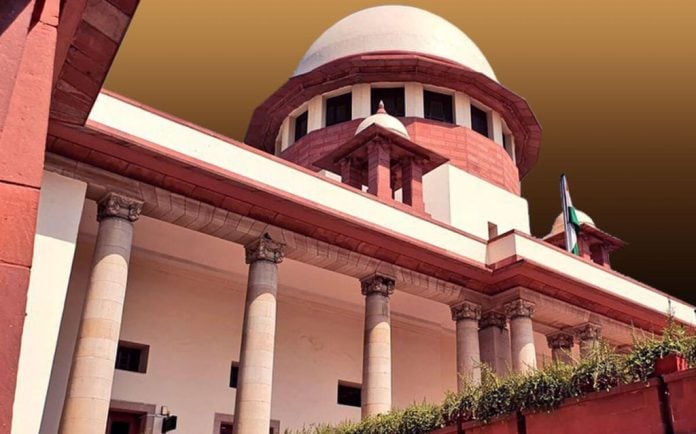The Supreme Court on Friday, while reprimanding the Lieutenant Governor of Delhi for sitting over the proposal forwarded by the Government of National Capital Territory of Delhi (GNCTD) on appointment of the Delhi Electricity Regulatory Commission Chairperson for over five months, directed him to make the appointment within two weeks.
The Bench of Chief Justice of India D.Y. Chandrachud, Justice P.S. Narasimha and Justice K.V. Viswanathan, while relying on Section 84(2) of the Electricity Act 2003, which provided for appointment of chairperson and members of state commission, ruled that the substantive part of this provision indicated that the state government may appoint any person from persons ‘who is and has been judge of High Court’.
The appointment, however, has to be made after consulting the Chief Justice of that High Court. Where a sitting judge was to be appointed, the Chief Justice consulted would be one where the judge was drawn from. In case it was a former judge, the Chief Justice of the High Court where the judge had previously served would be consulted, noted the Apex Court.
Reading out the order, the CJI said that in view of clear provisions, the appointment of Chairperson of the DERC shall be decided in two weeks.
The top court of the country passed the orders on a writ petition filed by the GNCTD over the delay caused by the LG in approving the appointment of retired MP High Court Judge, Justice Rajeev Kumar Shrivastava as the Chairperson of DERC.
Representing the GNTCD, Senior Advocate Dr Abhishek Manu Singhvi apprised the Apex Court that five months had passed since the proposal had been sent to the LG.
Instructed by Advocate-on-Record (AoR) Shadan Farasat, the Senior Advocate said the LG had been delaying his decision by stating that he required legal opinion to ascertain if the concurrence of the Chief Justice of the Delhi High Court was required to make the appointment.
He contended that as per Section 84(2) of the Electricity Act, the only consultation required in the case was with the Chief Justice of the parent High Court of the person sought to be appointed.
CJI Chandrachud then orally observed that if a person being appointed was a judge from the Madras High Court, then the Chief Justice of the Madras HC would only be consulted. Why would any other High Court be consulted with the appointment, he asked.
Representing the LG, Senior Advocate Mukul Rohatgi contended that as per a Supreme Court judgement, the LG could act independently on matters concerning Entry 1, 2 and 18.
He said in other matters, in case there was a difference of opinion, the Governor could refer to the President and pending that decision, in urgency, the Governor had the power to act on his own.
The Bench rejected the argument on the grounds that the Governor could not stultify a government like this. The power to refer should be exercised in exceptional cases, it observed.


